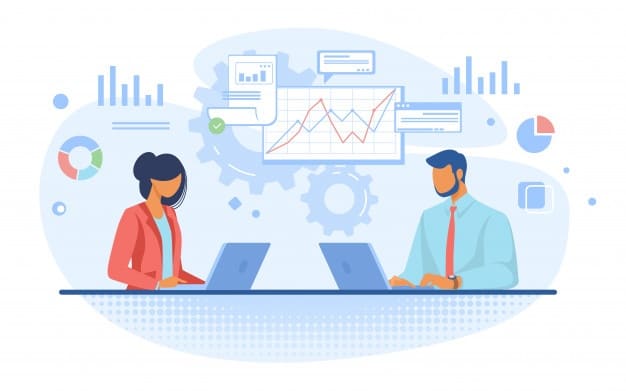Being challenged in life is inevitable, being defeated is optional. – Roger Crawford
What is an individual Chapter 11?
As someone with an unmanageable debt, you need solid answers about how to get free from your burden. Most people who need bankruptcy turn to either Chapter 7 or Chapter 13. But what if you have too much income to qualify for Chapter 7 relief? Or what if your debt is just too substantial to file for Chapter 13? Enter the individual Chapter 11 bankruptcy.
You’re probably familiar with Chapter 11 in the context of organizational bankruptcies—companies frequently use this tool when they can’t deal with their debt. But individuals can use it, too. It’s often ideal for people with substantial non-exempt assets (like multiple properties in New Jersey and beyond) who face overwhelming debts and liabilities.
In other words, you might be a good candidate if you:
- Have too much secured OR unsecured debt, and you don’t qualify for Chapter 13;
- Have too much income or equity in assets, and you don’t qualify for Chapter 7;
- You need relief because debts are overburdening you;
- You’re a high income earner with high amounts of debt.
Here are some key ideas you need to understand.
Over the next several blog posts, we’ll cover these concepts in greater depth:
- An individual Chapter 11 offers a more flexible process than Chapter 7 or Chapter 13;
- There are two main types of individual 11s: individual 11 liquidation (similar to Chapter 7) and reorganization Chapter 11 (similar to Chapter 13);
- Among other things, this flexibility can empower you to get control of past due mortgage payments and manage non-dischargeable debts related to things like unpaid payroll taxes;
- However, with that flexibility comes significantly greater complexity. Similar to how a bespoke suit must be exactingly tailored, the process must be customized carefully for your particular needs and circumstances. Errors can cascade and create huge challenges that are difficult to undo;
- Because of these complexities—and all the paperwork and detail that go into individual Chapter 11s—this type of bankruptcy is also often significantly more expensive.
In our next two posts, we’ll explore the subtle but critical distinctions between individual 11 liquidation and Chapter 7.
Our team can answer your questions about the process. We can find the right relief for you, so you feel less anxious and more hopeful about what comes next. Call us now: (908) 350-7505.



